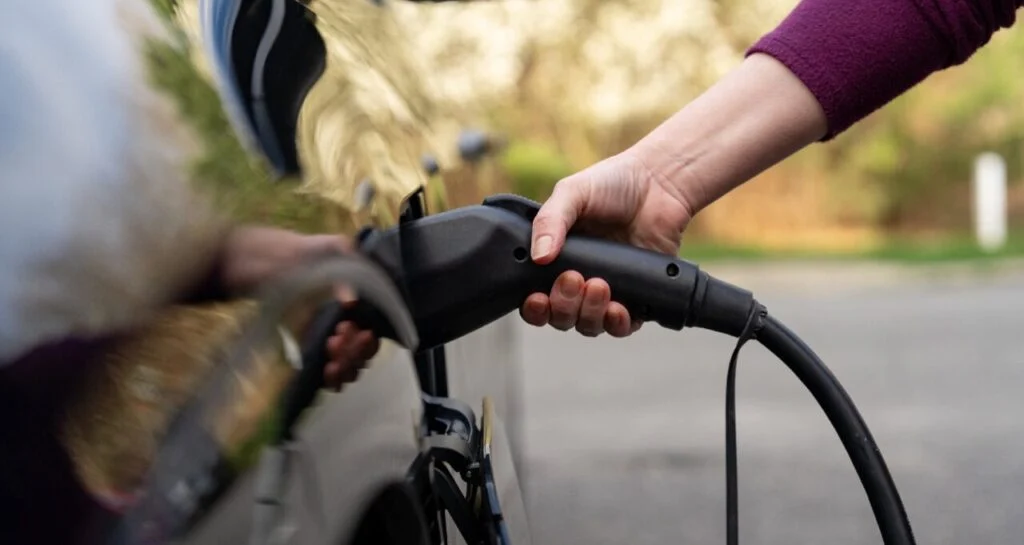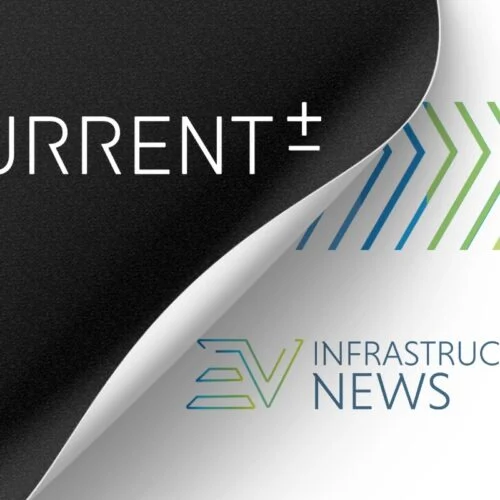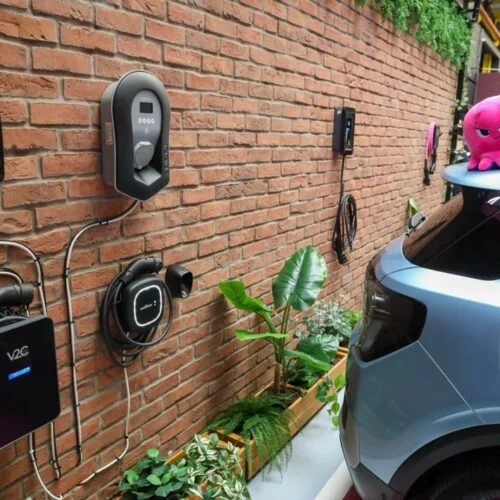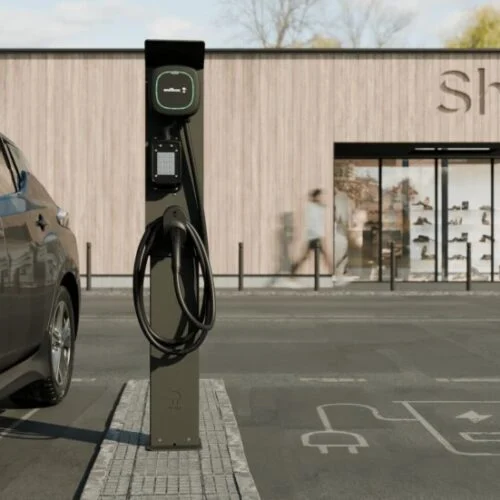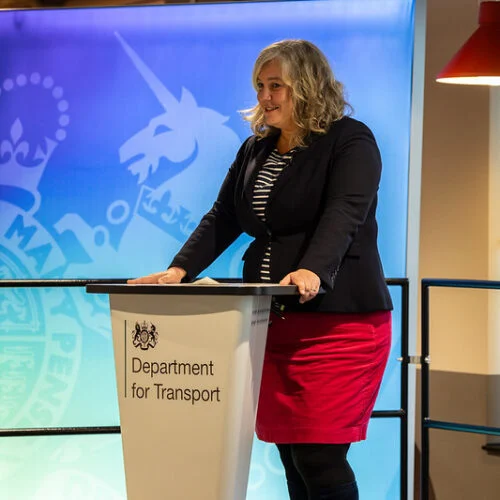The European Bank for Reconstruction and Development (EBRD) has extended a €60 million (£50.6 million) loan to Baltic energy company Ignitis Group to support EV charging in the region.
EBRD’s investment will finance the construction of up to 600 EV charging stations across the Baltic states, Estonia, Latvia and Lithuania, by the end of 2027. The loan makes it Ignitis’ second-largest shareholder, after the Lithuanian government which holds 74.99% of the company’s share capital.
Vice president for banking at EBRD, Matteo Patrone, said the investment is a “significant milestone for green mobility in the Baltic region”.
“It will help address one of the key barriers to EV adoption – the lack of accessible, reliable charging infrastructure – and will thus encourage the wider adoption of electric vehicles and enhance regional connectivity,” Patrone explained.
Ignitis is the largest electricity supplier in Lithuania and a major player in the whole Baltic region, with an aim of becoming the leading public EV chargepoint provider in the Baltics.
According to Ignitis CEO Darius Maikštėnas, the company’s charging network tripled in size during 2024 and the energy supplier is actively pursuing expansion across the Baltic states this year. The nations have seen a limited rollout of EV infrastructure, particularly in comparison to countries like the Netherlands, which as of April this year had a total 183,000 chargepoints installed.
Some of the chargepoints will be located along Trans-European Transport Network (TEN-T) corridors, contributing to the European Union’s transport decarbonisation goals under the “Fit for 55” package and European Green Deal.
The EU Green Deal calls for a 90% reduction in transport emissions as part of its aim of being carbon neutral by 2050. Fit for 55 is the first step in achieving this, setting an ambition to reduce net emissions from the EU by at least 55% by 2030.
As stated in the International Energy Agency’s Global EV Outlook, EU charging deployment is due to increase as a result of the Alternative Fuels Infrastructure Regulation (AFIR), which mandates the installation of fast-charging stations for cars and vans of at least 150 kW every 60 km along the TEN-T core road network by 2025.
AFIR came into effect in April 2024, replacing the Alternative Fuel Infrastructure Directive (AFID).
According to a report by energy management system provider gridX, Europe will need 8.8 million chargers by 2030 to support plans for the rollout of EVs, which requires over 23,000 installs per week. During 2024, European chargepoint installations averages 18,250 per week, meaning an uptick of nearly 4,800 weekly is needed this year.
